Sumudu Atapattu on climate change impacts and human rights
University of Wisconsin Law School professor Sumudu Atapattu discusses how the idea of environmental justice applies to people and communities whose basic needs are affected by the changing climate.
By Hannah Ritvo | Here & Now
May 22, 2024
University of Wisconsin Law School professor Sumudu Atapattu discusses how the idea of environmental justice applies to people and communities whose basic needs are affected by the changing climate.
VIDEO TRANSCRIPT
Sumudu Atapattu:
So if you look at the impact of an unhealthy environment on people, like pollution causes things like asthma and you know, other health issues. Polluted water has health impacts as well. And if you're displaced by a disaster, then you know, you might lose everything you have, including your shelter, your possessions, and things like that. So, and with climate change impacts, water is going to become scarce, places are going to get drier and desertification is a problem. So all these impacts have, all these consequences have impacts on people and their rights. So even, you know, right to life could be affected, right to health, food, water, shelter. Freedom of movement could be affected. So, you know, the whole range of rights could be affected by environmental degradation, especially climate change.
Hannah Ritvo:
And then you mentioned in our first interview that kind of the people who feel impacts are double whammy feeling other impacts. Can you just talk about how? What kind of communities are disproportionately affected by climate change?
Sumudu Atapattu:
So if you look at the situation in the US especially, we know that minorities have been disproportionately affected by things like, you know, redlining and things like that. These are the same communities that are affected by environmental degradation. We have a history of locating polluting industries in low income and minority communities. The environmental justice movement started as a result of that. So these are the same communities that are disproportionately affected by climate change. And then there are other reasons like age, disability, gender. So the communities that are already in a vulnerable situation are disproportionately affected by climate change, which is a justice issue as well.
 Passport
Passport




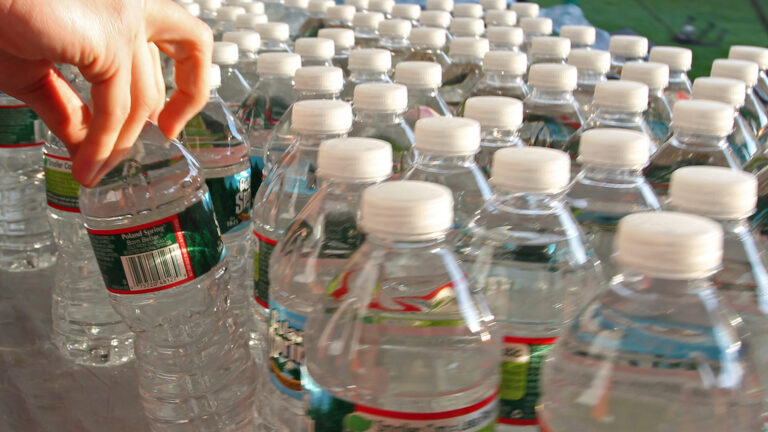
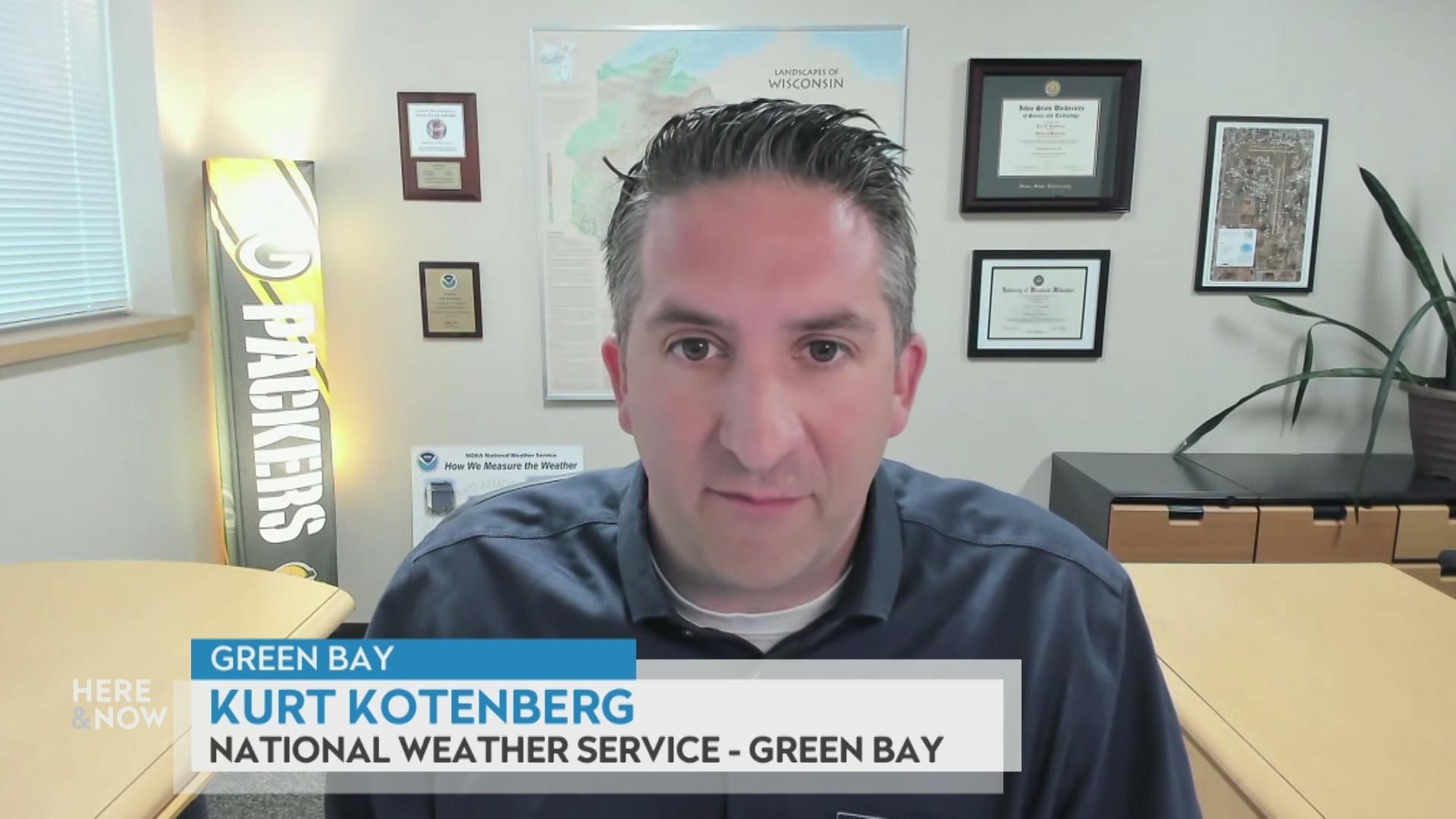
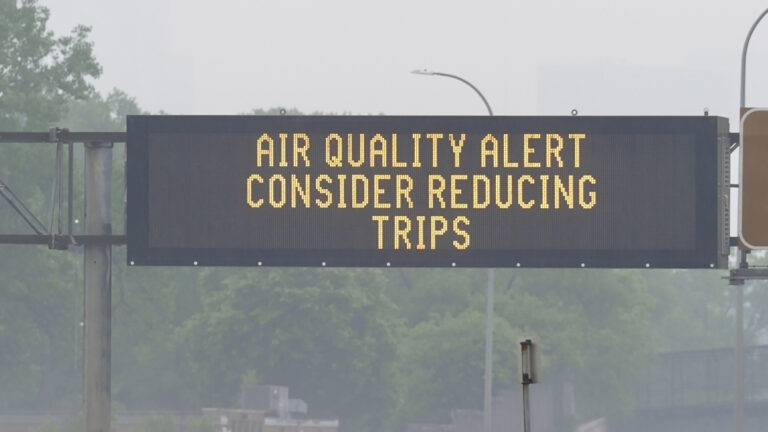

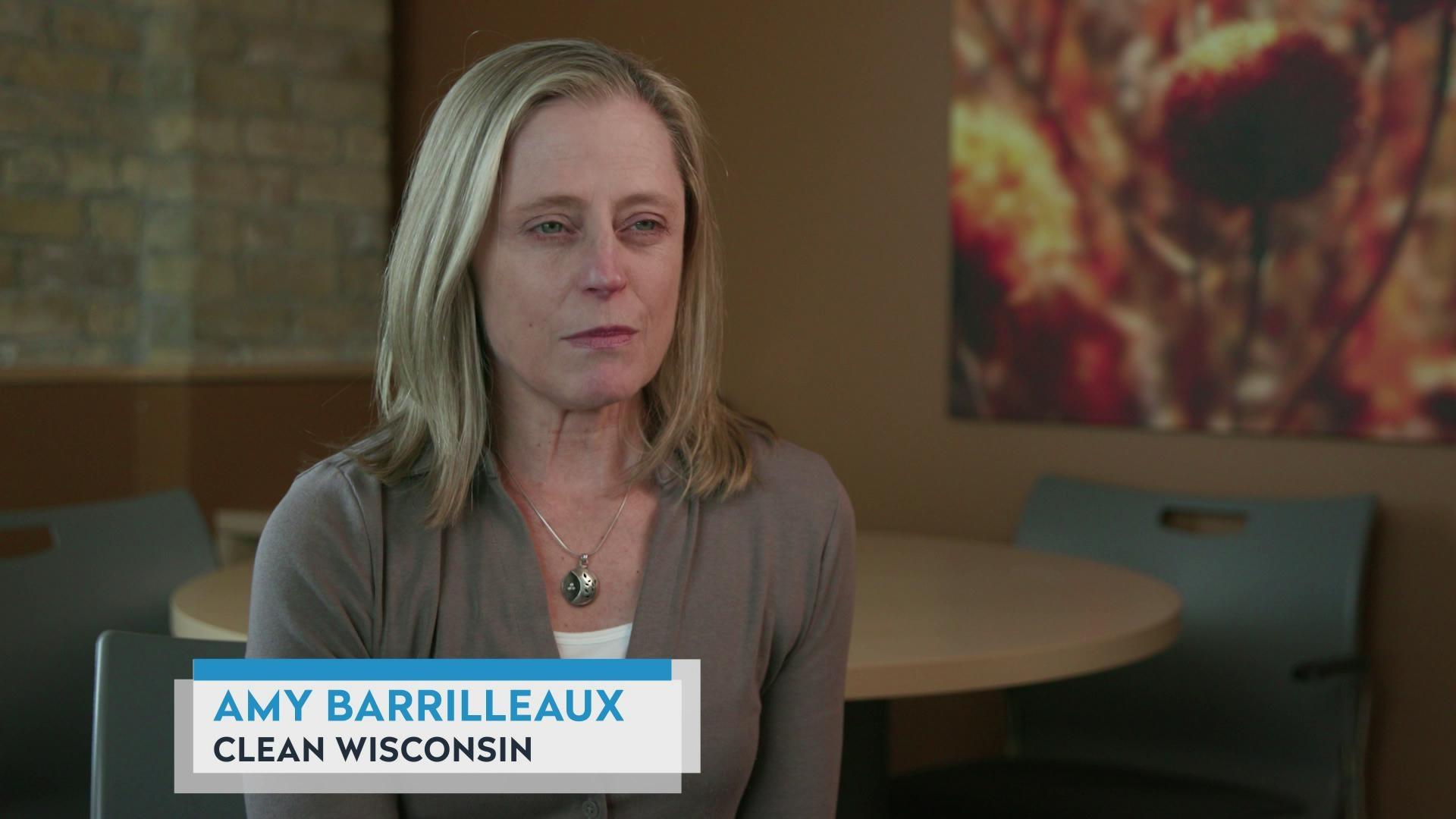
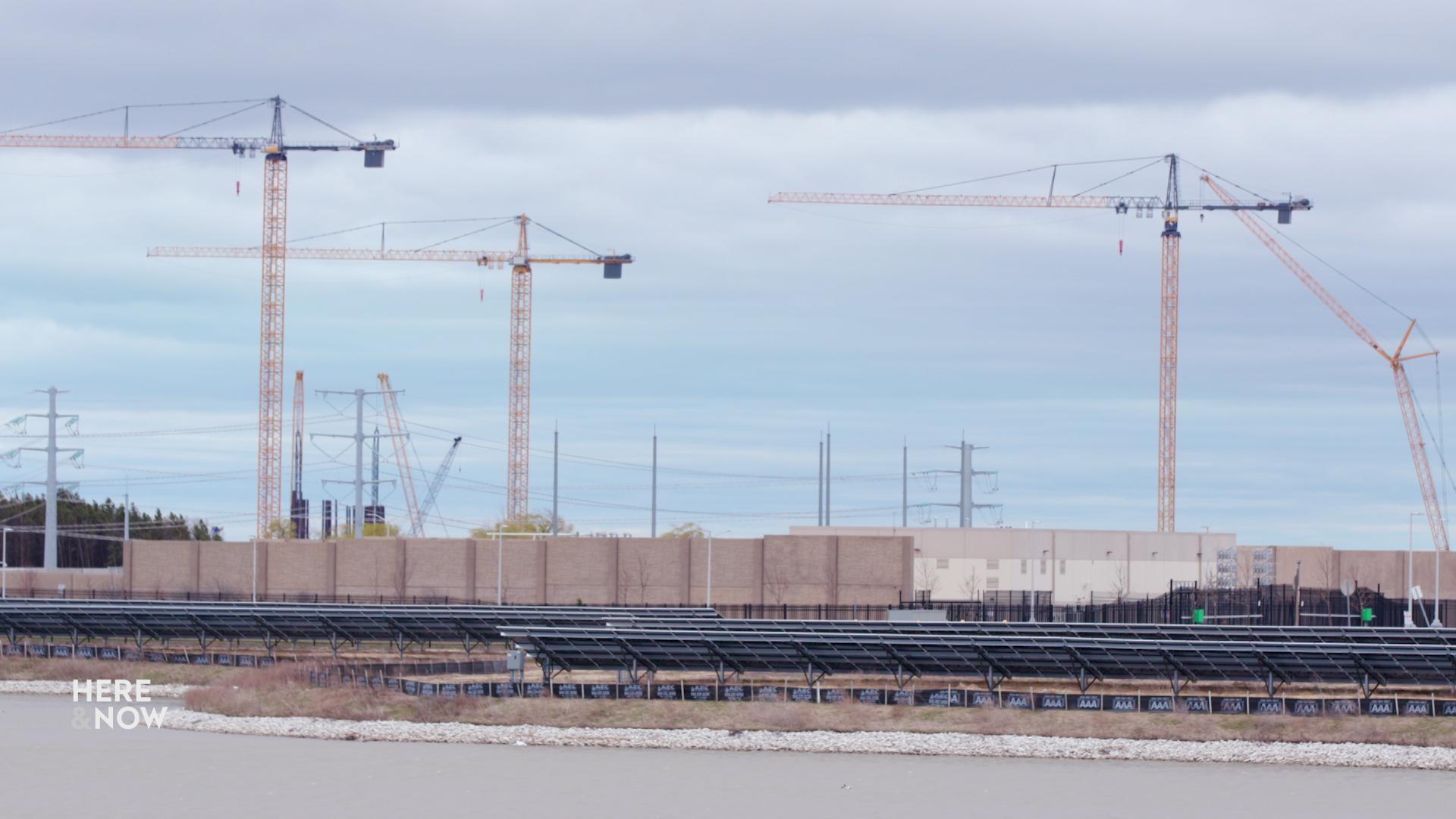

Follow Us